Newport Shipping Buys 100 Scrubbers
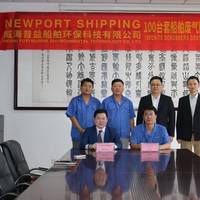
Newport Shipping Group has purchased 100 scrubbers from Chinese manufacturer Weihai Puyi Marine Environmental Technology Co, with options for an additional 100 units.Newport, which operates a network of 13 drydocks globally, said the bulk purchase aims to safeguard shipowners against any price hikes or production bottlenecks as demand for scrubbers is expected to increase ahead of the International Maritime Organization (IMO) 2020 sulphur cap deadline.Erol Sarikaya, Newport Shipping Chief Executive Officer…
Ship Efficiency a Priority, Even with Low Crude Prices
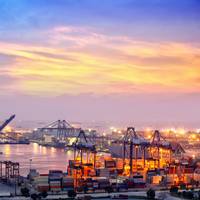
Ship efficiency is just as relevant and important in a bearish oil market as when shipowners have to pay over $600 for a metric ton of heavy fuel oil, Newport Shipping avows. Hakan Ozcan, the Chief Financial Officer of Ecoships, the technical ship management arm of Newport Shipping Group, said, “With crude oil prices at their lowest since April 2009, the temptation is to put your foot on the gas and speed up a bit but this is not the way forward. Ozcan continued, “Admittedly bunker fuel will continue to be the largest single operational cost for shipowners…
Bulk Carrier Freight Rates Predicted to Peak in 2016
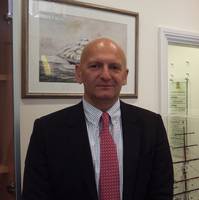
“A fundamental and sustainable dry bulk market recovery is expected in the second half of 2015 and throughout 2016, when the total dry bulk market balance could peak at 88%, with peaks during the fourth quarter close to 92%. The supply/demand imbalance that drove dry bulk markets down to 2009 levels during the first half of the year is set for adjustment, with Newport Shipping Group predicting an improved tonnage balance over the next couple of years, resulting in a freight rate peak in the 2016/2017 period.
CEO Lone: China, India to Dominate Oil Trade

China and India will account for about 35% of global oil trade in the next 10 to 15 years, according to predictions by Harald Lone, Chairman and CEO of Newport Shipping Group. Many traditional global shipbuilding patterns are in flux with the proliferation of oil and gas coming from the U.S. shale, and oil supplies traditionally bound for the U.S. will have to find new markets. Lone contends that China and India will become “very important” to the crude oil markets. “There is no doubt that shale oil and gas is changing the oil industry and it will have a major impact on trade flows…
Freight Rate Peak Forecasted for 2016
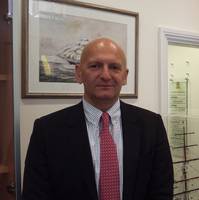
The supply/demand imbalance that drove dry bulk markets down to 2009 levels during the first half of the year is set for adjustment, with Newport Shipping Group predicting an improved tonnage balance over the next couple of years, resulting in a freight rate peak in the 2016/2017 period. “The dry bulk markets during the first half of 2014, especially Panamax, Supramax and Handysize, have not been at these low levels since the financial crisis in early 2009,” said Harald Lone, Chairman of Newport Shipping Group.
New Bulk Carrier Design Puts Ecoships in the Lotus Position
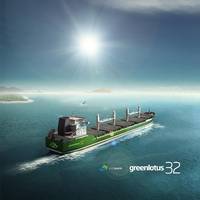
Ecoships, the technical shipmanagement arm of Newport Shipping Group, has introduced a next generation bulk carrier design, developed to set the standard in ecologically compatible marine transportation. Inspired by the low friction to water flow and self-cleaning properties of the lotus flower – a symbol of purity and beauty in Buddhist and Hindu philosophy – Ecoships’ Greenlotus 32, is a 32,500dwt geared, wide hatched, handy-size bulker, designed to meet existing and future CO2 (carbon dioxide) NOx (oxides of nitrogen) and SOx (oxides of sulphur) emissions regulations.









